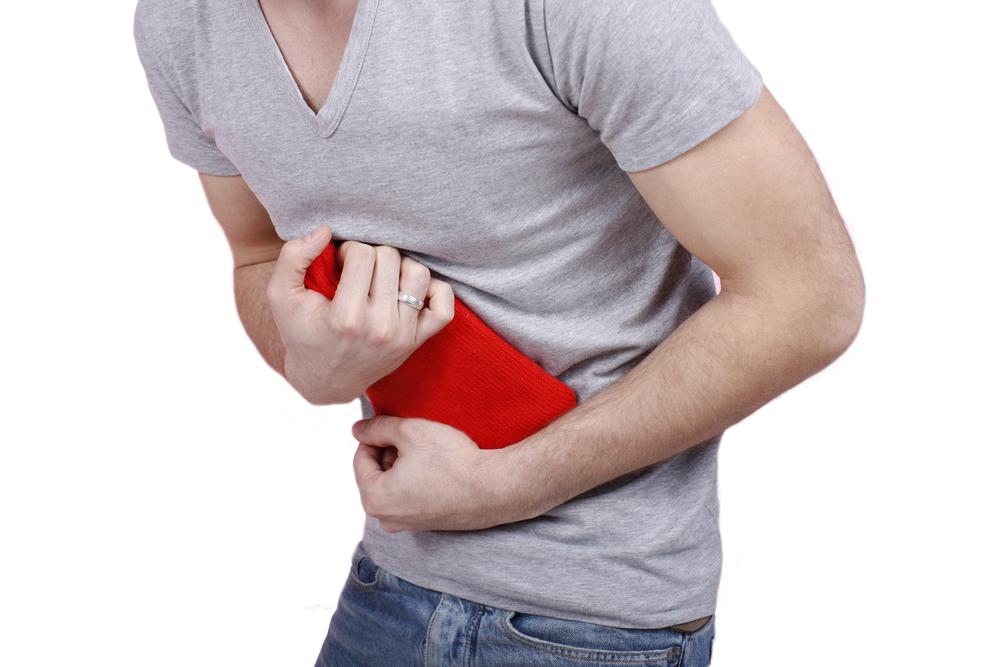Understanding Diarrhea: Causes, Signs, and Remedies
This comprehensive overview covers the causes, symptoms, and treatment options for diarrhea. It emphasizes preventive measures, highlights common bacterial, viral, and parasitic causes, and offers practical advice for managing dehydration and discomfort. Whether acute or chronic, understanding these facets helps in effective management and timely medical attention, especially for vulnerable populations like children and the elderly. Always seek professional healthcare support for persistent or severe symptoms to ensure proper care and recovery.

Understanding Diarrhea: Causes, Signs, and Remedies
Diarrhea is commonly linked to irritable bowel syndrome and often results in dehydration, affecting infants, children, adults, and seniors alike. Typically, acute diarrhea lasts a few days and is manageable through hydration and medication. Chronic diarrhea persists beyond four weeks without clear symptoms initially, which may necessitate hospitalization. Preventative measures include washing fruits and vegetables thoroughly, eating hot, well-cooked foods, and boiling water before consumption. Proper hydration and medication are essential, especially for children not vaccinated against common strains.
In the U.S., bacteria such as Salmonella, E. coli, Shigella, and Campylobacter, often from contaminated food or water, are primary culprits. Viral infections like Rotavirus and Norovirus, and parasites like Giardia, also contribute significantly. Other causes include medication side effects, surgical removal of digestive organs, excessive alcohol or caffeine intake, food sensitivities, pancreatic or celiac diseases, exposure to toxins, hormonal disorders, certain tumors, artery blockages, radiation therapy, and various cancers. Travelers are particularly susceptible to infections from contaminated sources abroad.
Symptoms of diarrhea include watery stools, fever, abdominal cramps, bloating, urgent bowel movements, and dehydration. Severe cases may cause bloody stools from intestinal bleeding or black stools indicating upper gastrointestinal bleeding. Greenish stool suggests rapid transit through the intestines. Mild to moderate pain signals acute diarrhea; severe pain indicates more serious issues. Symptoms like high fever, excessive thirst, dry mouth, sunken eyes, and reduced urination can occur, especially in children and the elderly. Older adults may show signs like loose skin and mental confusion.
Dehydration in mild cases can be countered by drinking electrolyte solutions, water, salty broths, sports drinks, herbal teas with honey, or fruit juices without pulp. OTC medications can help manage symptoms. Topical relief for rectal discomfort involves warm baths, gentle drying, and applying petroleum jelly or hemorrhoid creams. Vaccinations against Traveler’s Diarrhea and rotavirus are recommended preventive steps for children. Always consult healthcare professionals for persistent or severe symptoms.










